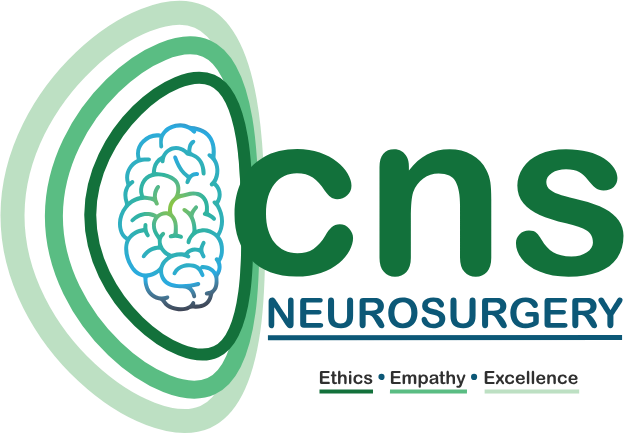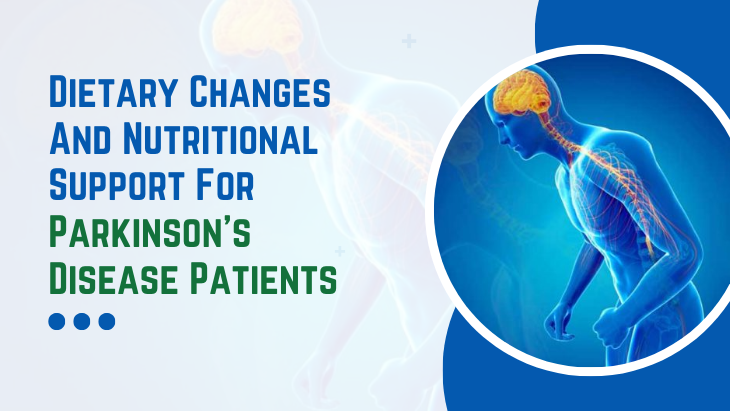Parkinson’s Disease (PD) is a progressive neurodegenerative disorder that affects movement, coordination, and balance. While the primary treatment often involves medication and sometimes surgical interventions, dietary changes and nutritional support can play a pivotal role in managing symptoms and improving the quality of life for patients.
This article explores how dietary adjustments and nutritional strategies can support Parkinson’s patients, offering practical tips and highlighting the role of expert care in this journey.
Understanding Parkinson’s Disease and Nutrition
Parkinson’s Disease is primarily characterized by the loss of dopamine-producing neurons in the brain. This deficiency results in symptoms such as tremors, stiffness, and slowed movement. Though there is no cure for PD, managing the disease effectively requires a multidisciplinary approach, including dietary considerations.
Proper nutrition is essential for individuals with Parkinson’s because:
- It helps combat medication side effects, such as nausea and constipation.
- It supports brain health and overall well-being.
- It provides the energy and nutrients needed to combat fatigue and weakness.
- It can optimize the efficacy of medications like Levodopa.
Key Dietary Considerations for Parkinson’s Patients
- Balanced Diet
A well-rounded diet rich in whole grains, lean proteins, healthy fats, fruits, and vegetables is vital for overall health. Emphasizing foods with anti-inflammatory properties can also help reduce oxidative stress in the brain.
- Protein Timing with Levodopa
Levodopa, a primary medication for PD, competes with dietary protein for absorption in the small intestine. Patients are often advised to:
- Take Levodopa on an empty stomach.
- Plan protein-rich meals at times when medication absorption is less critical, such as dinner.
- Fiber and Hydration
Constipation is a common issue for Parkinson’s patients. A diet rich in fiber, including fruits, vegetables, legumes, and whole grains, can help. Drinking at least 6-8 glasses of water daily is equally important to maintain digestive health.
- Antioxidant-Rich Foods
Oxidative stress contributes to the progression of Parkinson’s. Foods rich in antioxidants, such as berries, nuts, spinach, and green tea, may help protect brain cells from damage.
- Omega-3 Fatty Acids
Omega-3 fatty acids, found in fatty fish (like salmon and mackerel), flaxseeds, and walnuts, support brain health and may reduce inflammation. They are also linked to improved mood and cognitive function.
- Vitamin D and Calcium
Patients with Parkinson’s are at a higher risk of bone density loss, which increases the likelihood of fractures. Including vitamin D-rich foods (like fortified dairy products, mushrooms, and fish) and calcium-rich options (like leafy greens, tofu, and almonds) can help maintain bone health.
- Vitamin B6 and Folate
These vitamins play a role in brain health and can be found in bananas, avocados, potatoes, and fortified cereals. However, excessive Vitamin B6 can interfere with Levodopa, so intake should be monitored.
- Caffeine in Moderation
Some studies suggest that caffeine may have a protective effect against Parkinson’s. A moderate intake of coffee or tea can also improve alertness but should be balanced to avoid dehydration or jitteriness.
Practical Tips for Parkinson’s Patients
- Small, Frequent Meals
Eating smaller meals throughout the day can prevent fatigue and help maintain energy levels.
- Soft and Easy-to-Chew Foods
For patients with swallowing difficulties (dysphagia), soft foods like soups, smoothies, and pureed dishes are recommended.
- Meal Preparation Assistance
Caregivers or family members can assist in meal preparation to ensure a balanced diet. Tools like adaptive utensils can also make eating easier.
- Avoid Processed Foods
Minimizing the intake of processed and high-sugar foods can prevent inflammation and ensure better health.
- Monitor Weight
Weight changes are common in Parkinson’s. Regularly monitoring weight and adjusting caloric intake as necessary is crucial.
Nutritional Supplements
While a balanced diet is the best source of nutrients, some Parkinson’s patients may benefit from supplements, such as:
- Coenzyme Q10: May support cellular energy and brain health.
- Vitamin D: To strengthen bones and boost immunity.
- Probiotics: To support gut health, which is often compromised in Parkinson’s.
- Multivitamins: To fill any nutritional gaps.
It’s essential to consult a healthcare provider before starting any supplements to avoid interactions with medications.
The Role of Professional Guidance
Effective dietary management for Parkinson’s often requires collaboration between patients, caregivers, dietitians, and neurologists. Customized meal plans and regular evaluations can make a significant difference.
Why Expert Care Matters: Dr. Chirag Solanki
When dealing with Parkinson’s Disease, having the guidance of an expert neurologist is invaluable. Dr. Chirag Solanki, the first Stereotactic & Functional Neurosurgeon in Ahmedabad, specializes in advanced Parkinson’s treatments, including Deep Brain Stimulation (DBS). His holistic approach integrates cutting-edge medical interventions with personalized patient care.
Dr. Solanki’s expertise ensures that each patient receives tailored solutions, encompassing both medical and lifestyle strategies. With a strong focus on improving quality of life, Dr. Solanki collaborates with patients and families to create comprehensive care plans, including nutritional support tailored to individual needs.
Conclusion
Dietary changes and nutritional support are powerful tools in managing Parkinson’s Disease. By adopting a balanced diet, incorporating key nutrients, and working closely with healthcare providers, patients can significantly enhance their well-being and manage symptoms more effectively. For those seeking expert care, professionals like Dr. Chirag Solanki offer invaluable guidance and advanced treatment options, ensuring a better quality of life for Parkinson’s patients.

